There are several security measures that you should consider implementing for your website to protect against common threats such as:
- SSL/TLS certificate: This is used to establish a secure connection between the server and the client, ensuring that all data transmitted is encrypted and secure.
- Regular software updates: Keeping your website software up-to-date is important to protect against known vulnerabilities.
- Firewall: A firewall can be used to block unauthorized access to your server and website.
- Regular backups: Regularly backing up your website’s files and databases will allow you to quickly restore your website in the event of a disaster.
- Strong passwords: Using strong, unique passwords for all user accounts and administrator accounts will help protect against brute-force attacks.
- Input validation: Ensure that any user input is validated and sanitized to prevent against common web attacks like SQL injection and cross-site scripting.
- Access control: Limit the access to sensitive pages and data to only authorized users.
- Use Content Security Policy (CSP) to prevent cross-site scripting (XSS) attacks.
It’s important to note that website security is an ongoing process and it’s important to stay informed about the latest threats and vulnerabilities, and to regularly review and update your security measures.
